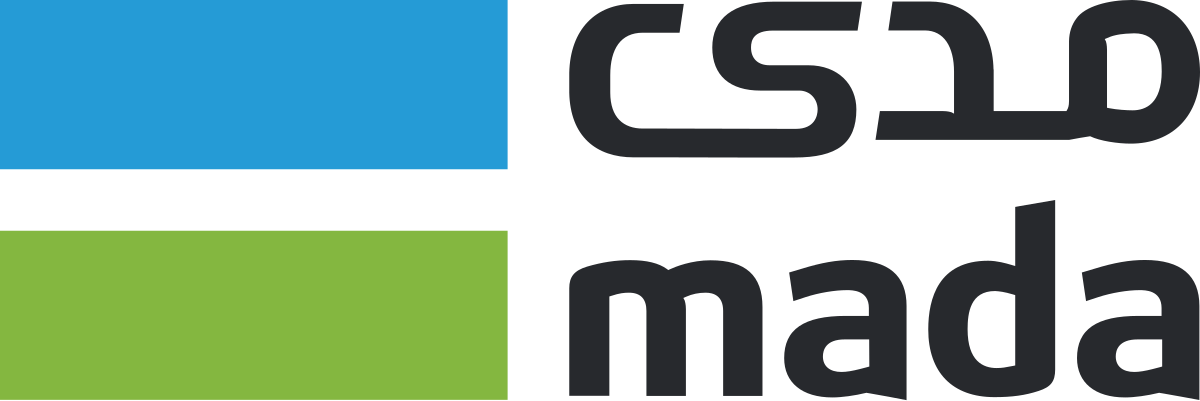What is CME?
Continuing Medical Education (CME) is an essential component of professional development for healthcare practitioners. It encompasses a variety of educational activities designed to help medical professionals maintain their competence and learn about new and developing areas of their field. CME activities can include live events, written publications, online programs, audio, video, or other electronic media. These activities are crucial for ensuring that healthcare providers remain current with the latest medical advancements, treatments, and technologies.The Importance of CME for Healthcare Professionals
CME is vital for several reasons. First, it helps healthcare professionals stay up-to-date with the latest medical research and clinical practices, which is essential for providing high-quality patient care. The medical field is constantly evolving, with new treatments, technologies, and guidelines emerging regularly. By participating in CME activities, healthcare practitioners can ensure they are knowledgeable about these advancements and can apply them in their practice. Second, CME is often a requirement for maintaining medical licensure and certification. Many medical boards and specialty societies mandate a certain number of CME credits for healthcare providers to remain in good standing. This requirement underscores the importance of lifelong learning and professional development in the medical profession. Third, CME provides opportunities for networking and collaboration among healthcare professionals. Many CME activities, such as conferences and workshops, bring together practitioners from various specialties and geographic locations. These events foster the exchange of ideas, best practices, and innovations, ultimately contributing to the advancement of medical knowledge and patient care.Types of CME Activities
There are numerous types of CME activities available to healthcare professionals, catering to different learning preferences and schedules. Live CME events, such as conferences, seminars, and workshops, offer interactive learning experiences and opportunities for networking. These events often feature expert speakers, panel discussions, and hands-on training sessions. Online CME programs are increasingly popular due to their convenience and flexibility. These programs can be accessed from anywhere at any time, making it easier for busy healthcare professionals to fit continuing education into their schedules. Online CME activities can include webinars, virtual conferences, interactive case studies, and self-paced courses. Written publications, such as medical journals and textbooks, are another valuable source of CME. These resources provide in-depth information on specific topics and allow healthcare professionals to stay current with the latest research and clinical guidelines. Audio and video CME activities, such as podcasts and instructional videos, offer another convenient and engaging way to learn. In conclusion, Continuing Medical Education is a critical aspect of professional development for healthcare practitioners. It ensures that they remain knowledgeable about the latest medical advancements, maintain their licensure and certification, and have opportunities for networking and collaboration. With various types of CME activities available, healthcare professionals can choose the options that best suit their learning preferences and schedules, ultimately enhancing their ability to provide high-quality patient care.
Please sign in so that we can notify you about a reply






